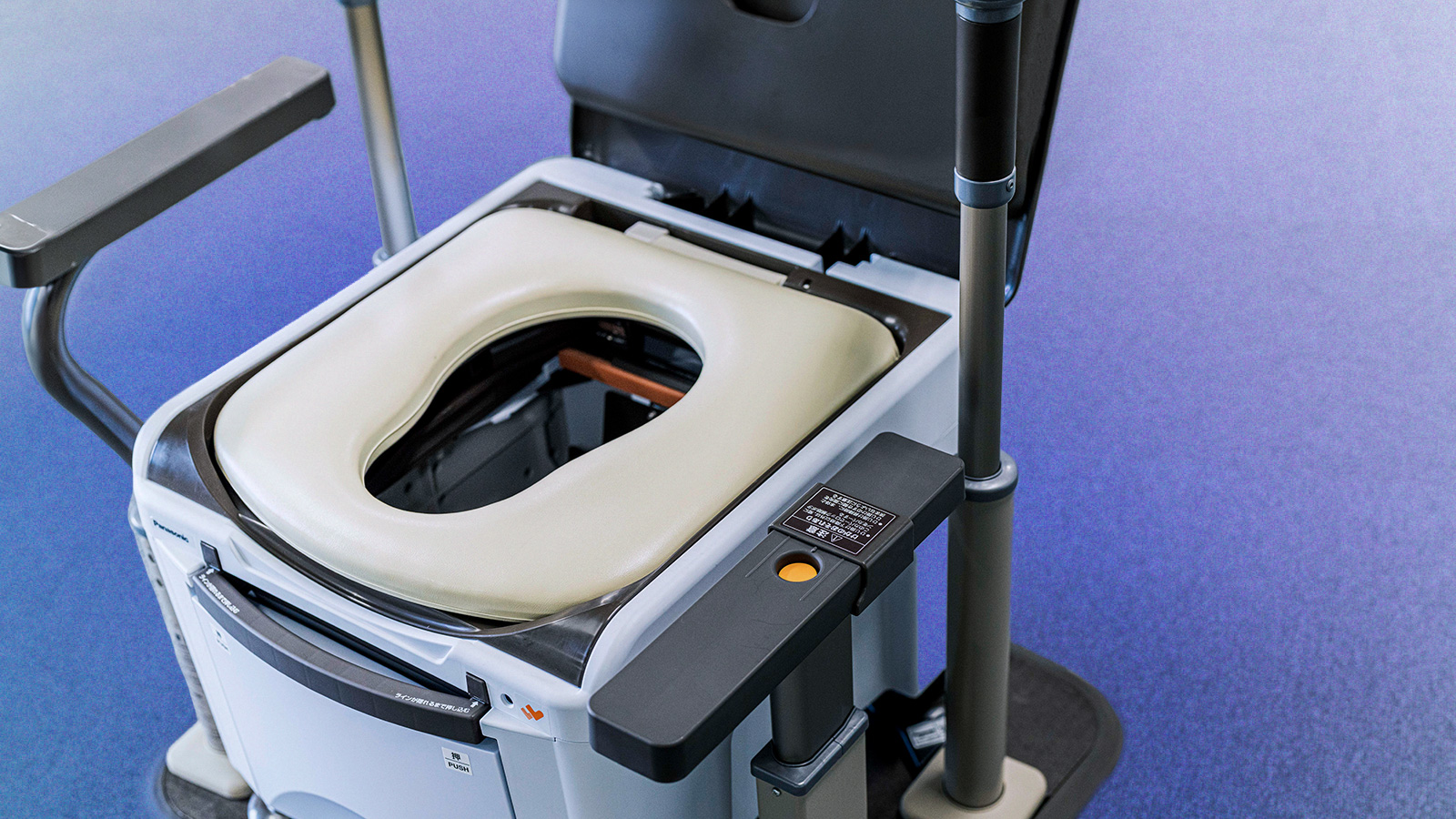
Dec 12, 2025
- Products & Solutions
- Stories
- Konosuke Matsushita
- Technology
- R&D
- Business Policy
- Home & Personal Solutions
Feb 19, 2025
Products & Solutions / Topics
Osaka, Japan – Panasonic Corporation (“Panasonic”) announced today (February 19, 2025) that the Intellectual Property High Court of Japan delivered a judgment dismissing the appeal (the “Appeal Court Decision”) regarding a lawsuit brought by Dyson KK (“Dyson”) against Panasonic seeking an injunction against advertisements for the nanocare EH-NA0G Hair Dryer (the “Lawsuit”).
Dyson filed the Lawsuit with the allegation that Panasonic’s advertisements for the nanocare EH-NA0G Hair Dryer were misleading for consumers and seeking an injunction against them. The court of first instance (Tokyo District Court) ruled on April 27, 2023, that the advertisements were not misleading for consumers and did not violate the Unfair Competition Prevention Act, but Dyson appealed the judgment to the court of second instance.
The Appeal Court Decision fully upheld Panasonic’s arguments, stating that Panasonic’s experiments of the Hair Dryer are reasonable, and ruled that the advertisements are based on the results of such experiments. At the same time, the court noted that the Dyson’s experiment methodologies, even taken together with those for the second instance, are inappropriate, and judged all the Dyson’s appeals are baseless. Panasonic achieved a complete victory once again in the court of second instance.
Nanoe technology is supported by long years of research and development and its value is highly appreciated by customers. Panasonic will continue to provide customers with correct information on the commercial value of nanocare hair dryers while adhering to pertinent laws, regulations, and guidelines.
The content in this website is accurate at the time of publication but may be subject to change without notice.
Please note therefore that these documents may not always contain the most up-to-date information.
Please note that German, Spanish and Chinese versions are machine translations, so the quality and accuracy may vary.